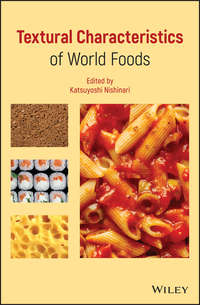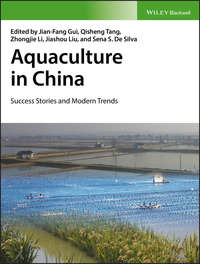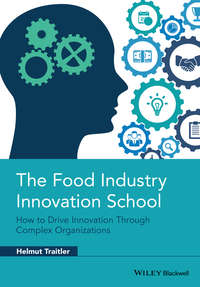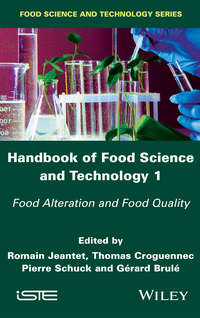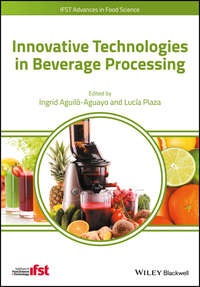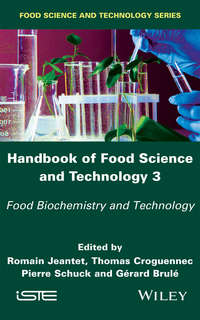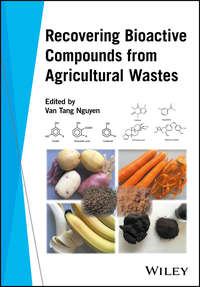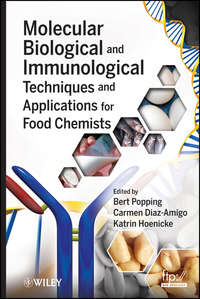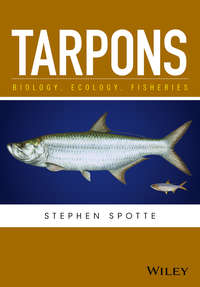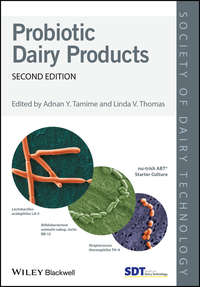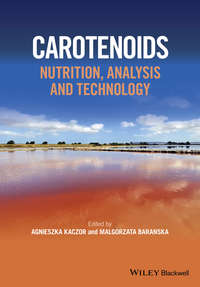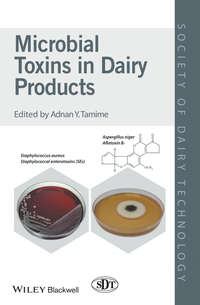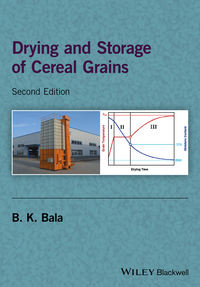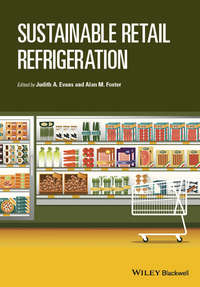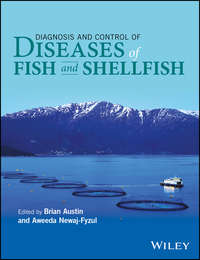Книги жанра мукомольное производство
A complete guide to the textural characteristics of an international array of traditional and special foods It is widely recognized that texture has an intrinsic relationship to food preference. A full understanding of its functions and qualities is, therefore, of crucial importance to food technologists and product developers, as well as those working towards the treatment of dysphagia. Textural …
Fish have been a major component of our diet and it has been suggested that fish/seafood consumption contributed to the development of the human brain, and this together with the acquisition of bipedalism, perhaps made us what we are. In the modern context global fish consumption is increasing. However, unlike our other staples, until a few years back the greater proportion of our fish supplies we…
Innovation and new product development are increasingly perceived as drivers of profits in the food industry. Companies are dedicating a large amount of resources to these areas and it is crucial that individuals understand how to be part of this new strategy. Food Industry Innovation School focuses on key skills needed to drive new ideas from initial concepts through to successful products on the…
This book serves as a general introduction to food science and technology, based on the academic courses presented by the authors as well as their personal research experiences. The authors' main focus is on the biological and physical-chemical stabilization of food, and the quality assessment control methods and normative aspects of the subsequent processes. Presented across three parts, the auth…
An in-depth look at new and emerging technologies for non-alcoholic beverage manufacturing The non-alcoholic beverage market is the fastest growing segment of the functional food industry worldwide. Consistent with beverage consumption trends generally, the demand among consumers of these products is for high-nutrient drinks made from natural, healthy ingredients, free of synthetic preservatives a…
This third volume in the Handbook of Food Science and Technology Set explains the processing of raw materials into traditional food (bread, wine, cheese, etc.). The agri-food industry has evolved in order to meet new market expectations of its products; with the use of separation and assembly technologies, food technologists and engineers now increasingly understand and control the preparation of …
A guide to the extraction, isolation and purification of bioactive compounds from agricultural wastes, and their applications Recovering Bioactive Compounds from Agricultural Wastes offers a guide to the many uses of agricultural wastes from the production of major food types including tea, coffee, cacao, cashew, fruit and vegetables, wine, edible oils, sugar, starch and more. Written by a noted e…
A guide to using molecular biology and immunological methods for the analysis of food Many of the analytical problems that food chemists face in the lab cannot be solved by chemistry alone, and so analytical chemists are turning to molecular biology and immunology for alternative approaches. Molecular Biological and Immunological Techniques and Applications for Food Chemists comprehensively explai…
Stephen Spotte, Mote Marine Laboratory, Sarasota, Florida, USA Tarpons arose from an ancient lineage, and just two species exist today, confined to the tropics and subtropics: Megalops atlanticus in the western and eastern Atlantic and Megalops cyprinoides distributed widely across the Indo-West Pacific. The Atlantic tarpon is considered king of the saltwater sport fishes and supports a multi-bill…
Probiotic Dairy Products, 2nd Edition The updated guide to the most current research and developments in probiotic dairy products The thoroughly revised and updated second edition of Probiotic Dairy Products reviews the recent advancements in the dairy industry and includes the latest scientific developments in regard to the 'functional' aspects of dairy and fermented milk products and their ingre…
Carotenoids are an essential component of the human diet. Bioactive by nature, they are rich in antioxidants, promote vitamin A activity and lower the development of chronic illnesses. As such they are an area of growing interest to researchers and scientists who are working to design, develop and launch new functional food products, dietary supplements and other nutritional solutions. Carotenoids…
Food-borne diseases, including those via dairy products, have been recognised as major threats to human health. The causes associated with dairy food-borne disease are the use of raw milk in the manufacture of dairy products, faulty processing conditions during the heat treatment of milk, post-processing contamination, failure in due diligence and an unhygienic water supply. Dairy food-borne disea…
Finite Element Analysis and Computational Fluid Dynamics have been introduced in modelling and simulation of drying and storage systems, these techniques are expected to dominate the future research and development of drying and storages, and should reduce losses and improve the quality of agricultural products, enhancing food security globally. Drying and Storage of Cereal Grains, Second Edition,…
Carbon emissions from the retail segment of the food cold chain are relatively high compared to other parts of the food cold chain. Studies have also shown that food temperature is less well controlled at the retail and consumer end of the cold chain. There is therefore considerable potential to optimize performance of refrigerated display cabinets and the refrigeration systems that are used to op…
There has been a continual expansion in aquaculture, such that total production is fast approaching that of wild-caught fisheries. Yet the expansion is marred by continued problems of disease. New pathogens emerge, and others become associated with new conditions. Some of these pathogens become well established, and develop into major killers of aquatic species. Diagnosis and Control of Diseases o…
